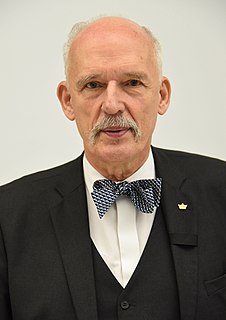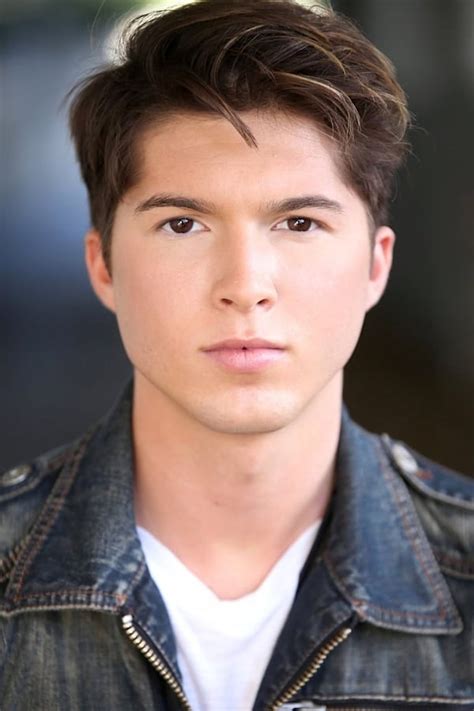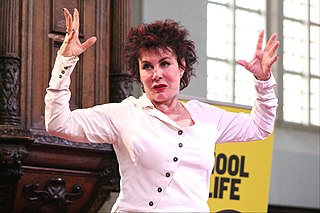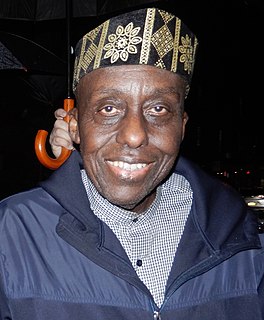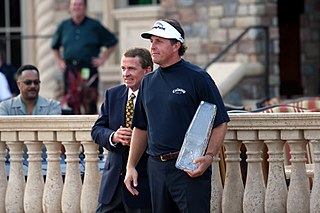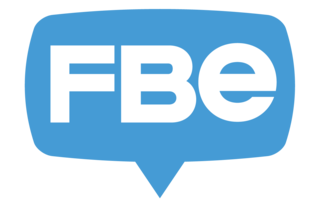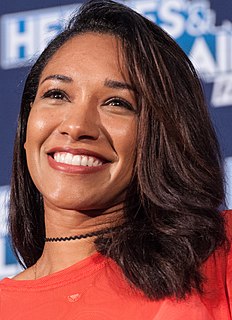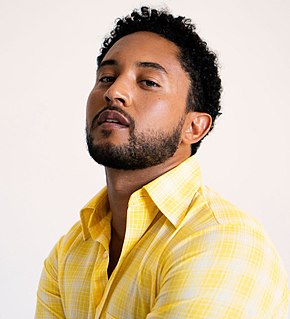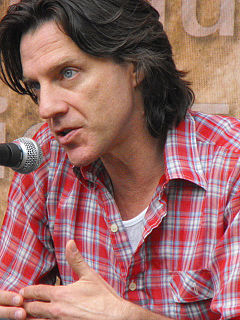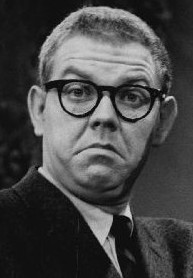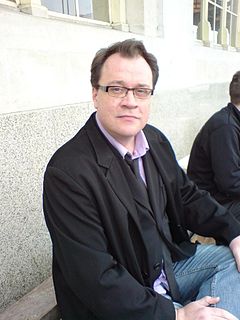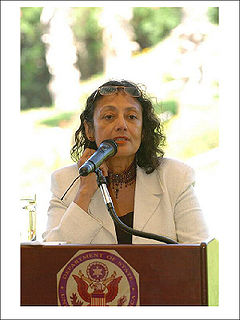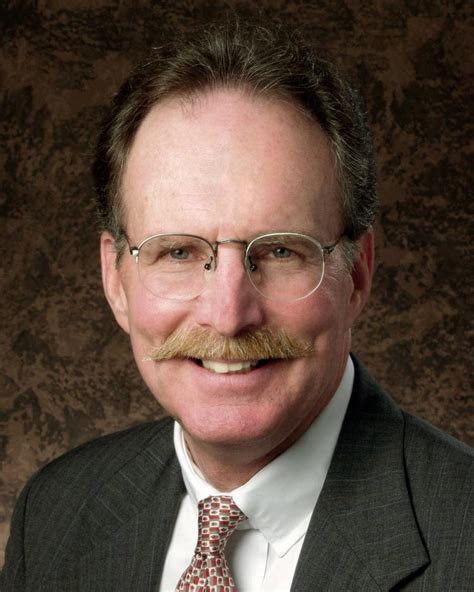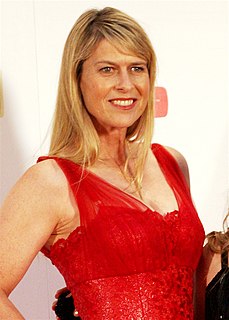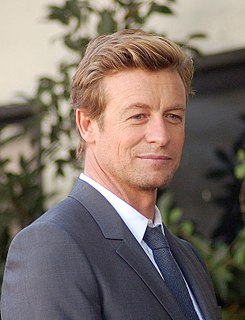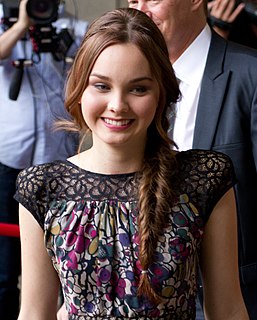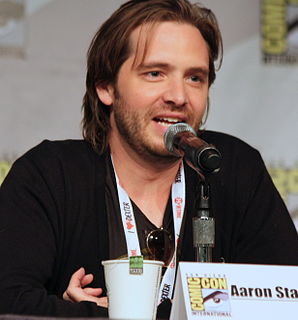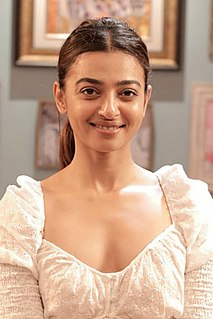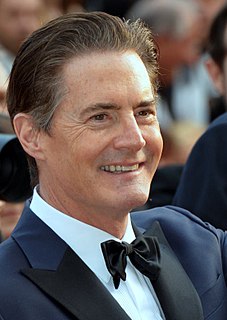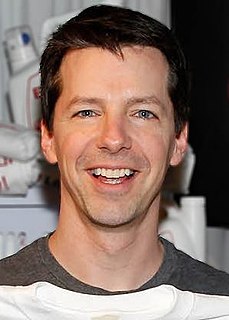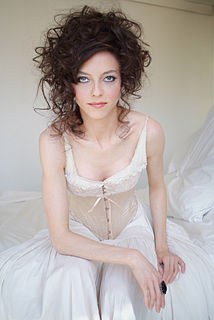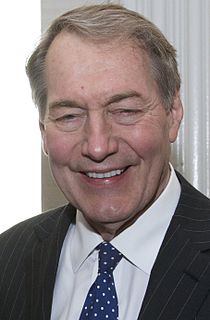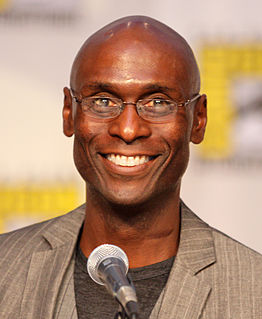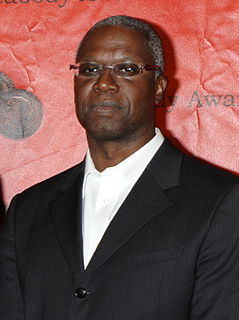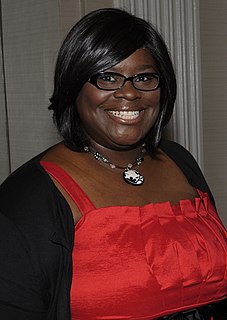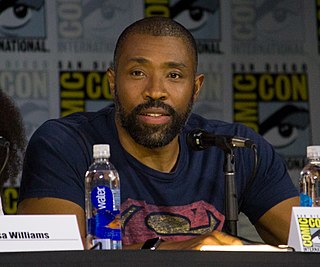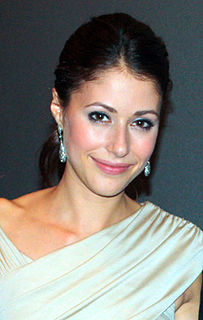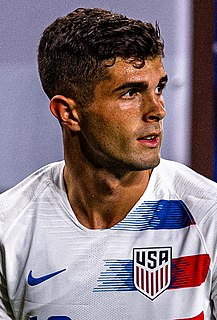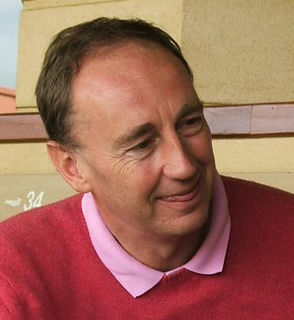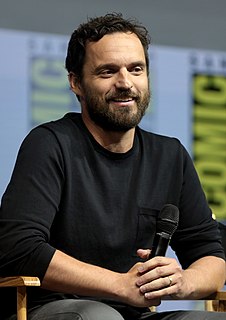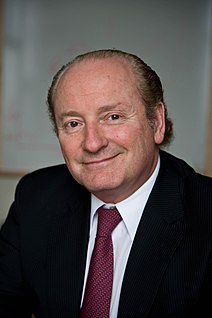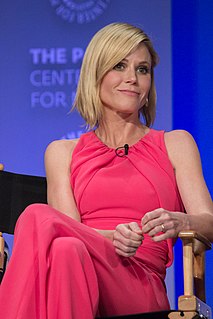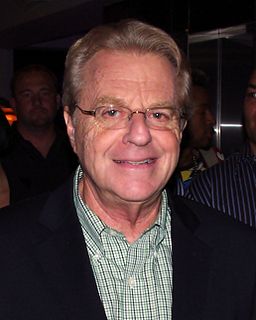Top 1200 Television Show Quotes & Sayings - Page 18
Explore popular Television Show quotes.
Last updated on November 12, 2024.
Laughter on American television has taken the place of the chorus in Greek tragedy. In other countries, the business of laughing is left to the viewers. Here, their laughter is put on the screen, integrated into the show. It is the screen that is laughing and having a good time. You are simply left alone with your consternation.
This is not about the aesthetics: there is a rule in a society: "Whoever you deal with, makes you become them", therefore watching the efforts of para-athletes can bring the temporary mobility disorder. If we want humanity to develop, the television should show us people who are healthy, beautiful, strong, honest and wise - not perverts, murderers, weaklings, losers, idiots or invalids.
When I got a call to do the voice of Johnny in an episode of 'American Dad' titled 'I Can't Stan You,' it was a great opportunity to be a part of a really funny cutting-edge show on television. I really got into the character, and I was able to do some improvisation, which allowed me to mix in part of my personality into the script.
'MyMusic' is a great showcase of what we can do as creators on a modest budget when we're given the opportunity to put together a television-sized project, and hopefully, whether it's 'MyMusic' making that transition to television or having something sprout off from it, it's an exciting time to be a creator.
I did 'Red Riding,' which is TV in the U.K. It became a feature project in North America, but we're in a great era of TV. We all know that, and we hear it all the time, but for filmmakers, it's just a godsend to have your television writing and work to do on television, and the means to do it properly.
Drama's not safe and it's not pretty and it's not kind. People expect the basic template of television drama where there might be naughty villains, but everyone ends up having a nice cup of tea. You've got to do big moral choices and show the terrible things people do in terrible situations. Drama is failing if it doesn't do that.
Steve hadn't been to acting school. He had no preconceived notions. His background was exactly what you see on television; he's done that all his life. We thought we'd do one show. What happened was, it did really well, so we did a part two. And from then on, we found that Steve's natural behavior in the wild happens to be fascinating!
When you're done with a job, even if you do stay in contact with certain people, it's never quite the same. It's a unique experience when you're working on a film or a television show together. You're together for 16 hours every day, sometimes six days a week. You're just never going to have that proximity again. So you miss people.
Comic books are just a way to show a story. Then there are the movies, and television and exhibits like this that take the stories and make them seem so realistic. In the comic book, you're just reading a story - hopefully a good, exciting story that whets your appetite for all of this stuff to come.
I fell in love with stories watching a British television puppet show called 'Thunderbirds' when it first came out on TV, about 1965, so I would have been 4 or 5 years old. I went out into the garden at my mom and dad's house, and I used to play with my little dinky toys, little cars and trucks and things.
The fact 'Twin Peaks' had a life at all took most of us in the cast by surprise. We thought it would be too unusual for network television. The original intention was that it would be a two-hour movie. If the network didn't want to pick it up as a series, it could just show that. But ABC took a chance.
I think it's brought the world a lot closer together, and will continue to do that. There are downsides to everything; there are unintended consequences to everything. The most corrosive piece of technology that I've ever seen is called television - but then, again, television, at its best, is magnificent.
Nowadays children look at everyone in the magazines and they want to be a basketball star or on a television show, but there is only so many people who can do those things and not that you shouldn't aim or dream for these things, but there are so many other fantastic jobs. So it's good to talk about how to get there and how difficult it is to get there.
It would be wonderful to become what Oprah has become: she is in such a class of her own, as an entrepreneur, as a performer and an icon. The idea of building a series of programmes and choosing people that I think have talent to do them would be a very interesting idea. I would love to show that television can have soul, depth and range.
I come from theater, so I'm used to the hierarchy of an actor is just on the ladder, and above that is a director, and above that is a producer, and above that is a writer. But on a television show or film, the whole call sheet thing and being No. 1 on a call sheet, people look to you and almost expect you to exercise this power for good or bad.




